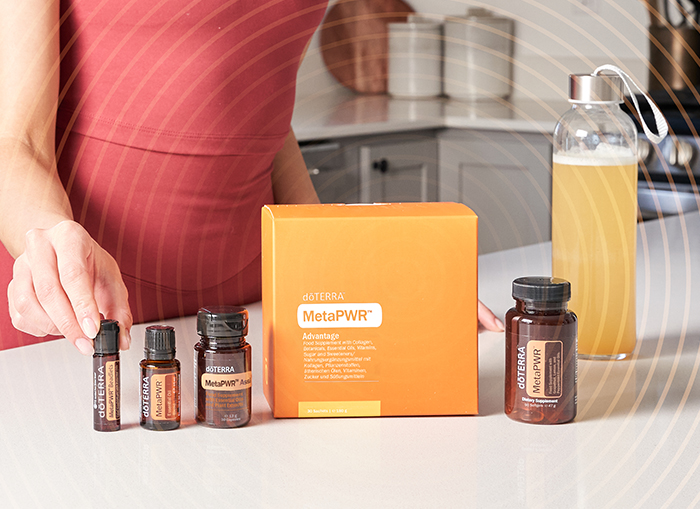dōTERRA is of Latin origin and means “Gift of the Earth.”
MetaPWR™ Available Now!

Get ready to unlock your full potential and understand what 'personal wellness realised' truly means.
Shop Now
Now available, the Help Hub features a wide range of content, including informative articles, videos, FAQs, and other relevant materials to support your dōTERRA activities. Whether you have questions about the shopping experience or you’re a Wellness Advocate needing support, we've got you covered with a range of resources.

Formulated with top CPTG™ essential oils and proprietary blends, our product lines help to support all aspects of wellness. From targeted essentials to personal care products, discover solutions for the whole family.
Discover More